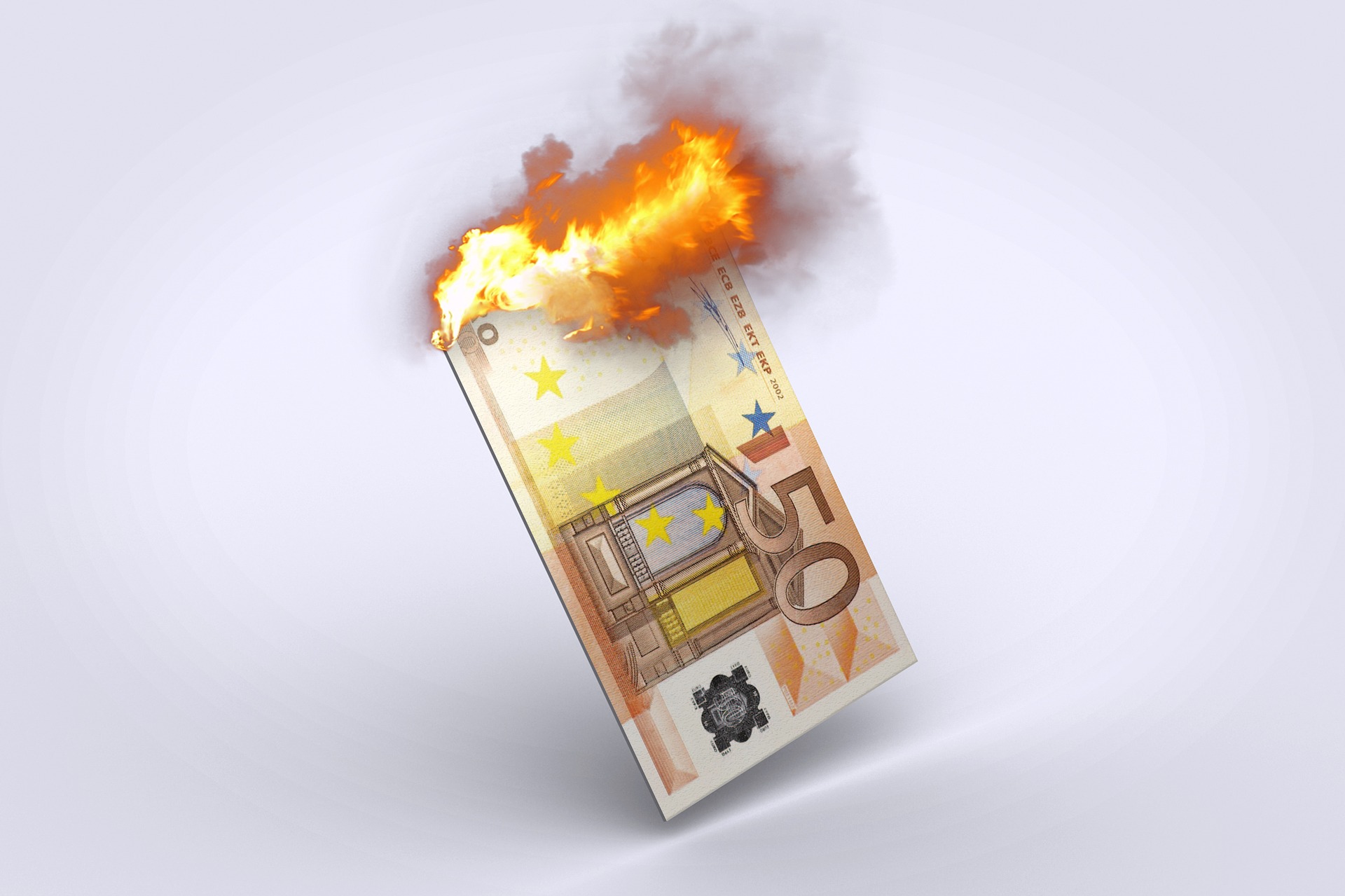
"Germans are unaware of what's ahead of them," ex-finance minister says – video
Former finance minister Peer Steinbruck has warned of "three or five very difficult years" and "a time of hardships." His successor, the current finance minister, also admits that the situation is grave. The economy minister advises to prepare for a tough winter due gas supply shortages, which could even lead to the shutdown of some industries.
„Germany’s prosperity paradigm has been called into question,” former German finance minister Peer Steinbruck has said in a talk show. Economic indicators are not expected to improve for years, the ex-minister said, adding that unemployment is also likely to rise. The 75-year-old politician pointed out that Germans are so helpless that they have not been able to grasp how dramatic the situation is.
„Wir gehen in sehr schwierige und raue Zeiten hinein”, erklärt der ehemalige Bundesfinanzminister @PeerSteinbrueck (@SPDde). Das Wohlstandsparadigma der BRD stehe deutlich in Frage.#Maischberger #Inflation @DasErste pic.twitter.com/5YYJvQ191E
— Maischberger (@maischberger) June 22, 2022
Mr Steinbruck blamed the monetary policy pursued by the European Central Bank (ECB) for the current situation. Inflation was predictable and „has existed as a risk for two years,” he said, adding that the devaluation of the money was not solely attributable to the Ukraine-Russia war. The risk had existed earlier, and was created by „the ECB’s ultra-expansionary policy, among other things,” the former minister explained.
„The ECB underestimated inflation and tried to downplay it. The bank pumped a lot of money into the markets and should have known that the question would once arise: How to get toothpaste back into the tube?”
Peer Steinbruck noted.
„Die #Inflation war schon vor dem #Ukraine-Krieg angelegt – durch eine ultra-expansive Geldpolitik der #EZB„, so der ehemalige Bundesfinanzminister @PeerSteinbrueck gestern im Gespräch mit Sandra #Maischberger.@DasErste pic.twitter.com/qSJocWZIFP
— Maischberger (@maischberger) June 23, 2022
Federal Finance Minister Christian Lindner has also acknowledged recently that the situation is grave. The liberal politician says that a very serious economic crisis is to be expected „due to the steep rise in energy prices, supply chain disruptions and inflation”.
„Germany will face an extremely worrying situation within weeks or months, with shortages lasting for three to four, or perhaps five years. We must find a response to this,”
the finance minister said in a television show.
Because of the lack of gas supplies from Russia, Lindner’s party, the FDP, is demanding that the further operation of the three remaining German nuclear power plants be reviewed, as a minimum. The other two ruling parties, the SPD and the Greens, on the other hand, want to phase out nuclear power completely by the end of the year, as previously planned by the grand coalition. The remaining three plants must be permanently disconnected from the grid by the end of December at the latest, as also required by the Nuclear Energy Act.
„Meine Sorge ist, dass wir in einigen Wochen und Monaten eine sehr besorgniserregende Situation haben könnten”, sagte Lindner im ZDF heute journal. Und weiter: „Es geht ja um drei bis vier, vielleicht fünf Jahre der Knappheit. Und dafür müssen wir eine Antwort finden.” #br_quer pic.twitter.com/BS2lZv54RA
— BR_quer (@BR_quer) June 22, 2022
On Thursday, Germany launched the second, alert phase of its gas emergency plan in response to the drop in Russian gas supplies.
„This is a serious situation, and cutting off gas supplies is an economic attack on us. There is a gas crisis, gas is now a scarce commodity. Prices are already high and we need to prepare for further increases. This is not a game,”
Economic Minister Robert Habeck said in Berlin.
„Gas and Energy is being used as weapon against Germany” by Russia, German Vice Chancellor and Energy Minister Robert Habeck says.
Calling out phase 2 of Germany’s gas emergency plan, he warns of more shortages aimed at breaking German and European solidarity with Ukraine. pic.twitter.com/YBI0jeuRtj
— DW Politics (@dw_politics) June 23, 2022
The country must prepare for a difficult winter if Russian gas remains a rare commodity, the minister later told Der Spiegel.
„We are at a point where Germany has never been. If gas is insufficient, certain industries which require gas will have to close down. As a result, companies would have to shut down production and lay off workers. Supply chains would collapse, people would go into debt over their heating bills and sink into poverty,”
the Green Party politician said, adding that it was not an easy decision for him to allow coal-fired power plants to be put back into operation.
In the interview, Mr Habeck proposes energy saving as a civic duty. He said that he himself had shortened his showering time, refrained from using the air conditioner, and planned to use less heating in his home in winter.

